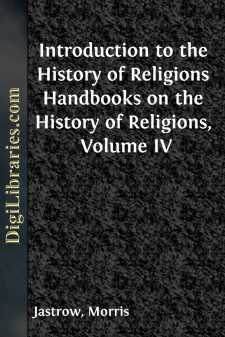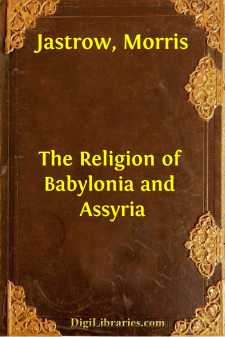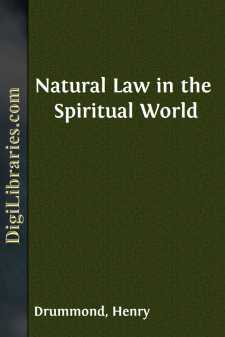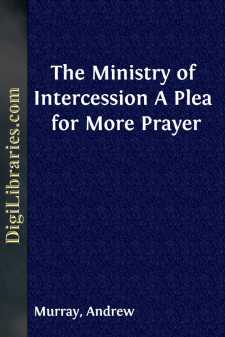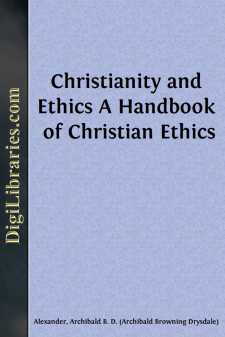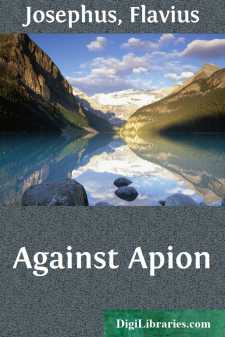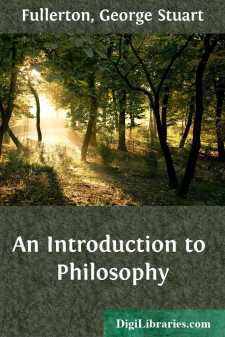Categories
- Antiques & Collectibles 13
- Architecture 36
- Art 48
- Bibles 22
- Biography & Autobiography 813
- Body, Mind & Spirit 142
- Business & Economics 28
- Children's Books 15
- Children's Fiction 12
- Computers 4
- Cooking 94
- Crafts & Hobbies 4
- Drama 346
- Education 46
- Family & Relationships 57
- Fiction 11828
- Games 19
- Gardening 17
- Health & Fitness 34
- History 1377
- House & Home 1
- Humor 147
- Juvenile Fiction 1873
- Juvenile Nonfiction 202
- Language Arts & Disciplines 88
- Law 16
- Literary Collections 686
- Literary Criticism 179
- Mathematics 13
- Medical 41
- Music 40
- Nature 179
- Non-Classifiable 1768
- Performing Arts 7
- Periodicals 1453
- Philosophy 64
- Photography 2
- Poetry 896
- Political Science 203
- Psychology 42
- Reference 154
- Religion 513
- Science 126
- Self-Help 84
- Social Science 81
- Sports & Recreation 34
- Study Aids 3
- Technology & Engineering 59
- Transportation 23
- Travel 463
- True Crime 29
Introduction to the History of Religions Handbooks on the History of Religions, Volume IV
by: Morris Jastrow
Description:
Excerpt
CHAPTER I
NATURE OF RELIGION
1. It appears probable that primitive men endowed with their own qualities every seemingly active object in the world. Experience forced them to take note of the relations of all objects to themselves and to one another. The knowledge of the sequences of phenomena, so far as the latter are not regarded as acting intentionally on him, constitutes man's science and philosophy; so far as they are held to act on him intentionally, the knowledge of them constitutes his theory of religion, and his sense of relation with them is his religious sentiment. Science and religion are coeval in man's history, and both are independently continuous and progressive. At first science is in the background because most objects, since they are believed to be alive and active, are naturally supposed by man to affect him purposely; it grows slowly, keeping pace with observation, and constantly abstracting phenomena from the domain of religion. Religion is man's attitude toward the universe regarded as a social and ethical force; it is the sense of social solidarity with objects regarded as Powers, and the institution of social relations with them.
2. These Powers are thought of in general as mysterious, and as mightier than ordinary living men. Ordinarily the feeling toward them on man's part is one of dependence—he is conscious of his inferiority. In some forms of philosophic thought the man regards himself as part of the one universal personal Power, or as part of the impersonal Whole, and his attitude toward the Power or the Whole is like that of a member of a composite political body toward the whole body; such a position is possible, however, only in a period of very advanced culture.
3. There being no records of initial humanity, it is hardly possible for us to know certainly what the earliest men's feeling was toward the animate and inanimate forces around them. Not improbably it was simply fear, the result of ignorance of their nature and absence of social relations with them. But in the human communities known to us, even the lowest, the relations with extrahuman beings appear to be in general of a mixed nature, sometimes friendly, sometimes unfriendly, but neither pure love nor pure hatred. So refined a feeling as love for a deity is not found among savages. As religion springs from the human demand for safety and happiness as the gift of the extrahuman Powers, hostility to them has been generally felt to be opposed to common sense. Coercion there has been, as in magical procedures, or to bring a stubborn deity to terms; and occasional antagonism (for example, toward foreign gods); but not hatred proper as a dogma, except in the great ethical religions toward evil spirits, and in certain elaborate philosophic systems—as, for example, in the Gnostic conception of an imperfect Demiurge, or in the assumption of an original blind Chance or blind Will whose products and laws are regarded as not entitled to respect and obedience.
4. Instead of complete friendliness and unfriendliness in early tribes we find more commonly between the two a middle ground of self-regarding equipoise....


